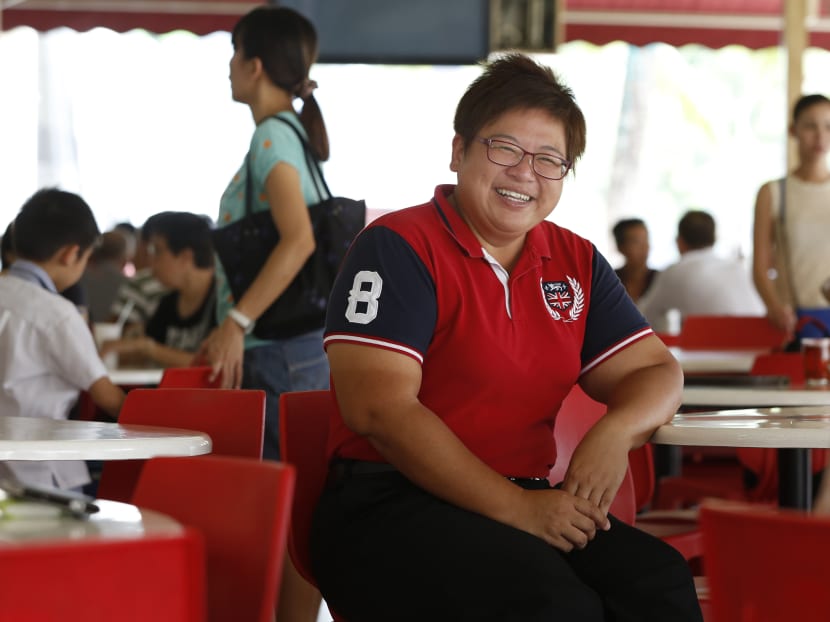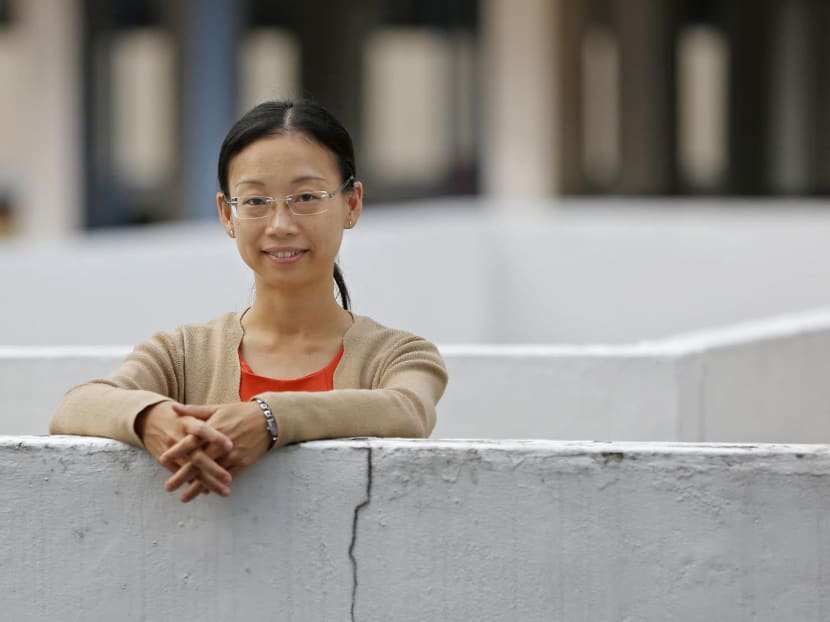The Big Read: WP activists help party grow a grassroots network
SINGAPORE — Taking over the Aljunied Group Representation Constituency (GRC) from an established incumbent in 2011, the Workers’ Party’s (WP) grassroots activists, with no extensive network of resources to tap on, spent the next four years building up a network to better serve residents.


SINGAPORE — Taking over the Aljunied Group Representation Constituency (GRC) from an established incumbent in 2011, the Workers’ Party’s (WP) grassroots activists, with no extensive network of resources to tap on, spent the next four years building up a network to better serve residents.
Together with their Members of Parliament (MP), they have established their own ways of reaching out to constituents supported by partnerships with non-profit community organisations, such as giving out monthly food rations, and planning celebrations for residents when festive periods come around.
In 2013, this network was also extended to Punggol East Single Member Constituency, which WP won after a by-election. The ward was wrested back by the PAP in last Friday’s (Sept 11) polls.
Last year, the WP also set up the WP Community Fund to run community programmes like financial aid, food distribution and free health screenings. Registered as a company limited by guarantee in January last year, the fund is also tapped by MPs to help residents who require interim financial help while awaiting government grants.
Activists interviewed told TODAY that more constituents have stepped forward to serve as “eyes and ears” for party leaders. But the Aljunied GRC MPs have also been keen to engage residents directly, and adopt different styles when it comes to their weekly Meet-the-People sessions (MPS) at housing estate void decks.
Party chief Low Thia Khiang, who was MP at Hougang for 20 years before moving to Aljunied in 2011, and handles the Bedok Reservoir-Punggol division, addresses every resident directly — listening to the complaint or problem, assessing the case, offering suggestions, and drafting letters to respective agencies, where necessary. Ms Sylvia Lim, who handles the Serangoon division, does the same.
“This is very much (Mr Low’s) style, he wants to give residents as much face time as possible, and they are also willing to wait to speak to him,” said Ms Ivy Tan, who has been helping out at the Bedok Reservoir-Punggol division since 2012. As such, their MPS often stretch past 11pm.
Mr Chen Show Mao (Paya Lebar) and Mr Muhamad Faisal Manap (Kaki Bukit), meanwhile, set up several stations at their MPS, which are manned by party activists who help to interview residents, transcribe their cases and draft relevant letters.
Each of the division has about 20 activists helping out, and some serve as welfare officers, who help to follow up with needy residents identified during weekly MPS.
These include those who have financial and healthcare needs, said Kaki Bukit activist Mr Faizal Ahmad, adding that this usually involves visiting residents at their homes, assessing their situation and recommending relevant assistance schemes.
And this has meant that activists had to familiarise themselves with different government schemes. “I have learnt a lot about policies and legal work too,” said Ms Tan, who is a welfare officer for Bedok Reservoir-Punggol.
Party activists also help convey residents’ feedback to MPs through regular house visits and walkabouts. “For non-urgent issues that simply require the Town Council or the Land Transport Authority’s help, or faulty lifts, we will note them down and talk to the MP after the visit,” said Ms Ivy Tan.
Ms Tan Pei Ying, who has been volunteering regularly with WP since 2012 at Bedok Reservoir-Punggol, said that the growing number of constituents coming forward to volunteer in recent years also serves as a feedback mechanism. “This is helpful because they have first-hand information about what works and what doesn’t,” she added.
As a “very small party”, most WP activists wear multiple hats, said Ms Liane Ng, who handles media relations. In the two years leading up to the General Election last Friday, many were roped in to campaign at constituencies where the WP were not incumbents, such as East Coast and Fengshan.
While the WP team retained their seats in Aljunied GRC in this election, they did so with a razor-thin 50.95 per cent majority, down from the 54.7 per cent of the vote in 2011. It also lost Punggol East, and lagged the People’s Action Party by wider margins that observers had expected.
While disappointed with the results, party activists said it is time to look beyond the emotions. “It is a fair vote and we respect the voters’ choice, and it only means we have to continue to talk to them, understand why they did or did not vote for us...the party has a strong team spirit and the leaders are determined to press on,” said Ms Ivy Tan, who added that some teams have already resumed their ground work.
Ms Ng said: “We continue, regardless of the results... Elections reflect the general will of the people. We have to respect it, and reflect on it.”
While the activists acknowledged that the Opposition camp still evokes hostility from some residents, Ms Ng and Mr Faizal said more have also realised that being in the WP does not mean “challenging the system” or “not loving the country”.
“Singapore is a sum total of several parts, all of whose voices need to be heard fairly and equally,” Ms Ng said.






